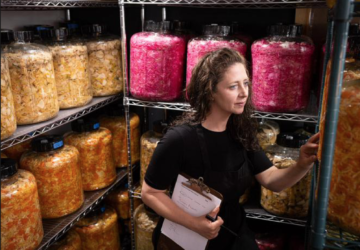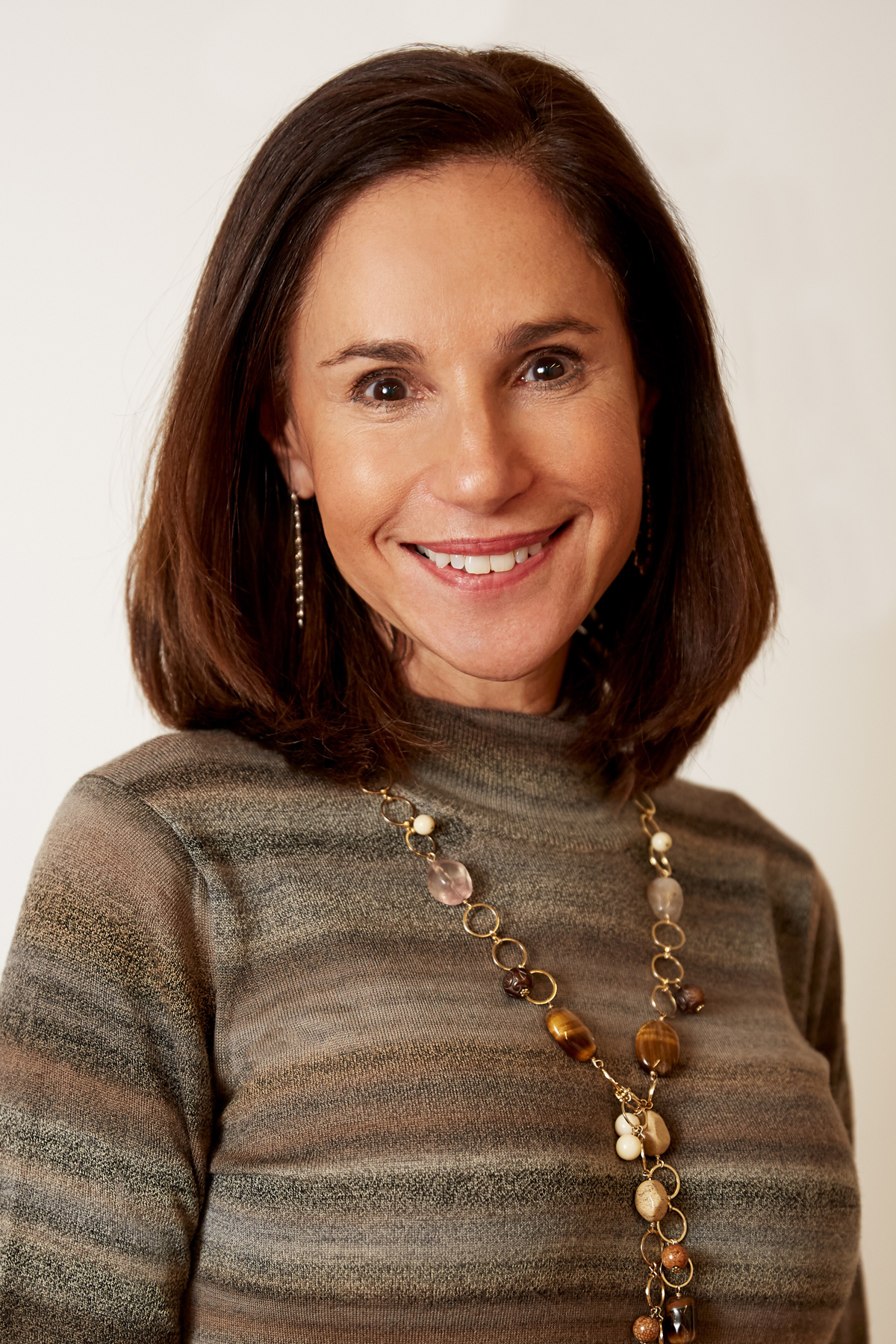By Ellie Zimmerman
Born and raised in Chicago, my mother, Holly Zimmerman moved to New York shortly after graduation for a job in Investment Banking. By age 28, Holly was promoted to Managing Director at Citigroup, making her the youngest woman Partner in the the firm’s history. She was recognized by Institutional Investor as both the number one internet and consumer analyst on Wall Street. After taking time off to raise her three young children, Holly returned to finance five years ago as a Venture Capitalist. As the leader of the consumer practice at Golden Seeds, the largest Venture Capital firm that invests in women-led businesses, Holly shares her views on the challenges facing female entrepreneurs as well as her own experiences as one of the few senior young woman on Wall Street.
Ellie: How did you get your start in finance?
Holly: I spent my Junior year in college at The London School of Economics. In finance class, we were learning about the stock market and I was fascinated. Just two days before our five-week spring break, I cold called an investment bank and offered to spend my break working there for free. I really wanted to learn and get an idea of life after college. The next thing I knew, I cancelled my trip home and found myself on a trading desk answering the phone. It was so exciting that I never looked back.
Ellie: How did you get to the top of your field so quickly?
Holly: I would say it was a combination of hard work and passion. In my early 20’s, I worked like a maniac. In by 7AM everyday, I was working 14-hour days and eating every meal at my desk. This was, and still is, the reality of working on Wall Street when you are at the bottom of the ladder. I became an expert at analysing cosmetic and consumer companies, an area that I could relate to. By my late 20’s, the work paid off. After several (LONG!) years, I had been given a team of people to do the grunt work for me.
Ellie: Last year, women-led companies received only 2% of the money that was invested in startups. Why is it so hard for women to raise the funds they need to turn their ideas into reality?
Holly: The sad reality is that the boardroom in still filled with men. The same holds true for Venture Capital firms where the partners are nearly all male, Without women in these decision making roles, female entrepreneurs struggle to get the money they need to build successful businesses. I have seen dozens of incredible business plans created by amazing young woman that go nowhere just because they lack financial support..
Ellie: Studies show that companies led by women do better than those lead by only men. So, why aren’t there more female CEOs?
Holly: Creating a band of supporters and strong connections is still a critical part of growing a startup. Yet, most women simply don’t network the way men do. While they may no longer be official, the “boy’s clubs” still exist today. Also, I have found that most women are not as aggressive as men when it comes to selling their ideas or asking for money, and without financial support, their businesses never get of the ground. As a result, the world is missing out on terrific talent and innovation. It is really too bad!
Ellie: What advice can you give to young aspiring entrepreneurs?
Holly: You need to love what you do-whatever it is. Otherwise, I can say, for certain, that you will not be particularly successful. When I interview young founders, I first look for their passion. They need to show me that they are obsessed with their business before I will consider investing. From there, I look for entrepreneurs who can listen. Too many young people come into my office with a plan that is set in stone. Their mind is closed to advice. Instead, they talk, talk, talk. This sets off the alarm bells.
Ellie: What needs to happen to narrow the gender gap for female entrepreneurs?
Holly: The first step begins in the classroom. With the vast majority of successful startups in technology, it is imperative that we narrow the gender gap in STEM in order to open doors and minds for young women. Also, if companies want to narrow the gender gap, they need to find ways to keep women during their childbearing years. Working long days while pregnant (with you) and with a baby at home was so hard, but it was also expected. Finally, all women need to go out of their way to create and support female networks. As a supporter of women in business, I am trying to do my part. While we have a long road ahead, by the time you enter enter the workforce, I am confident that there will be more women in the boardroom.








